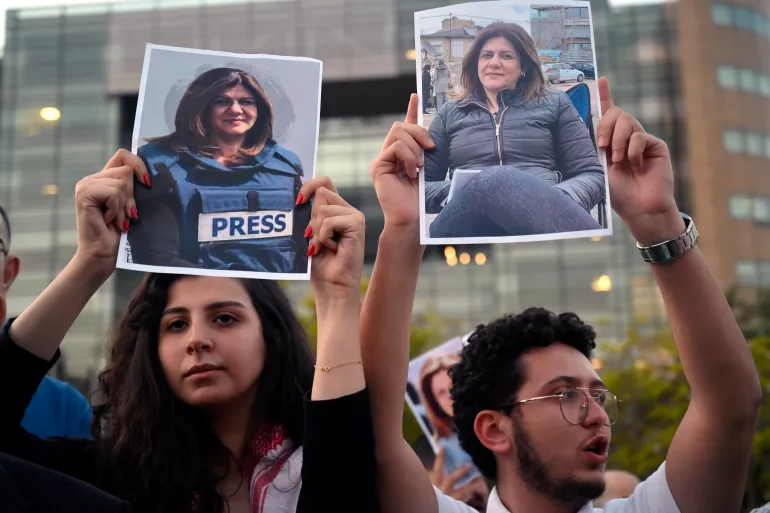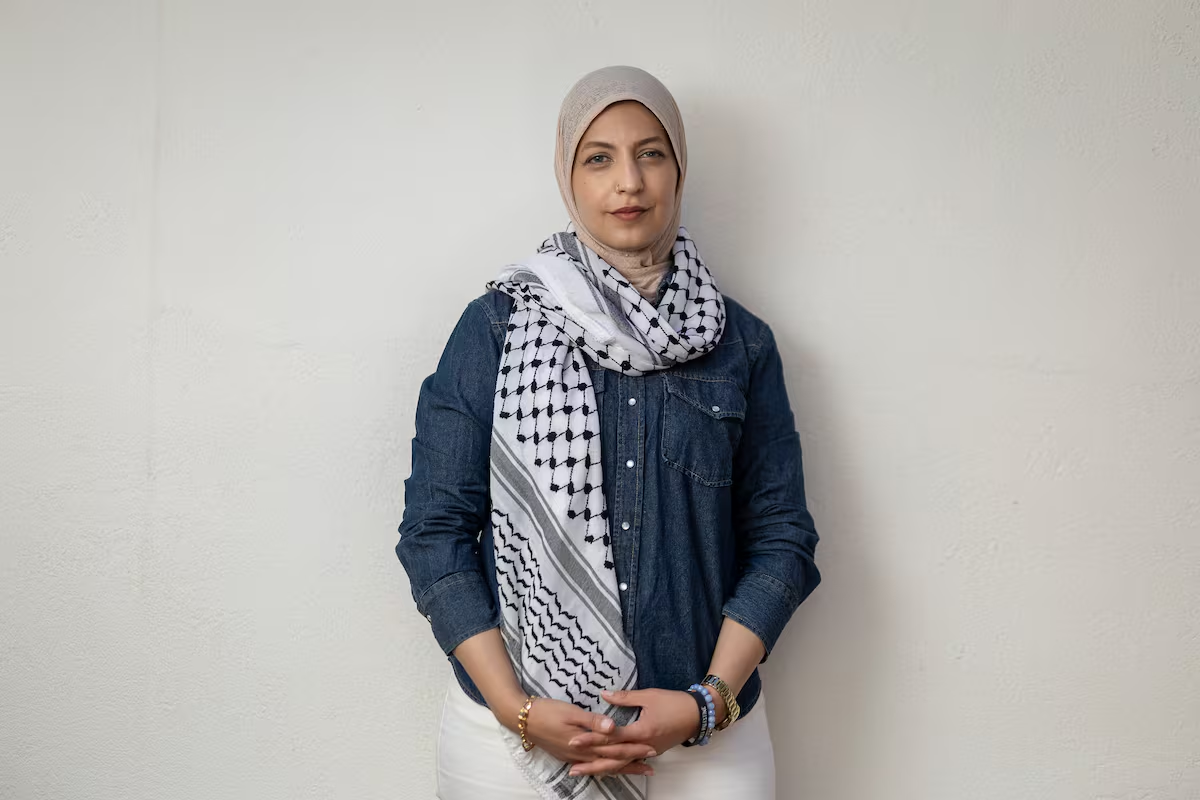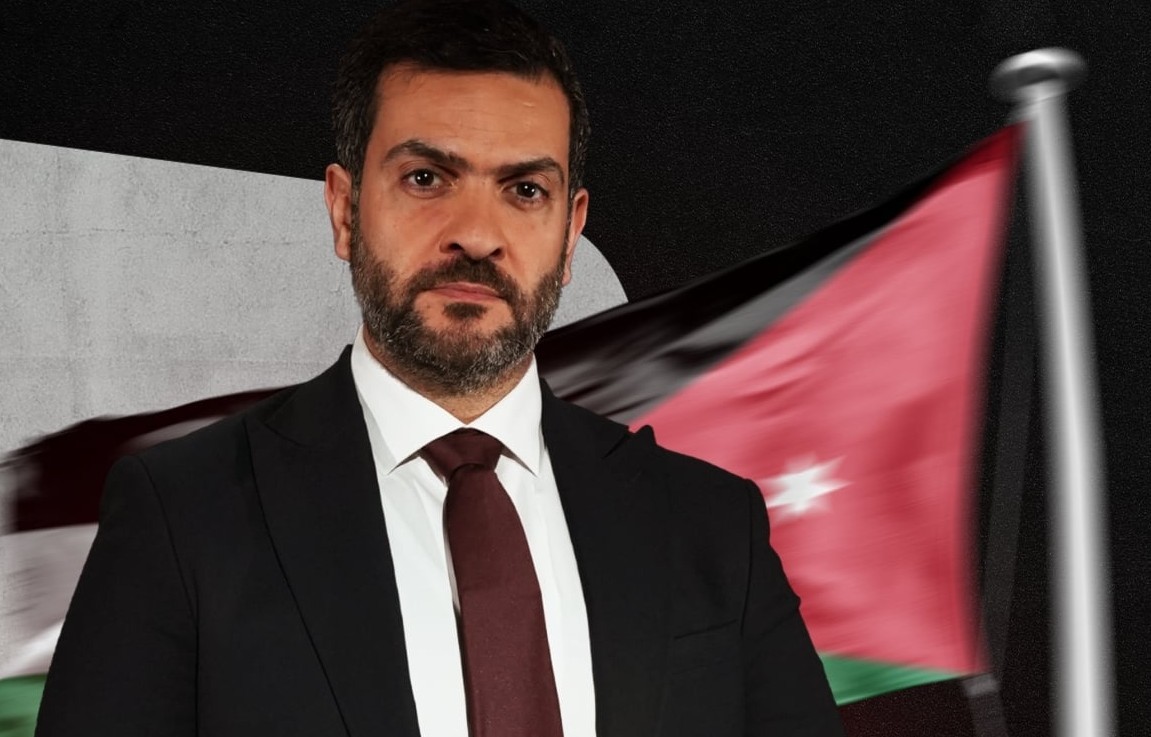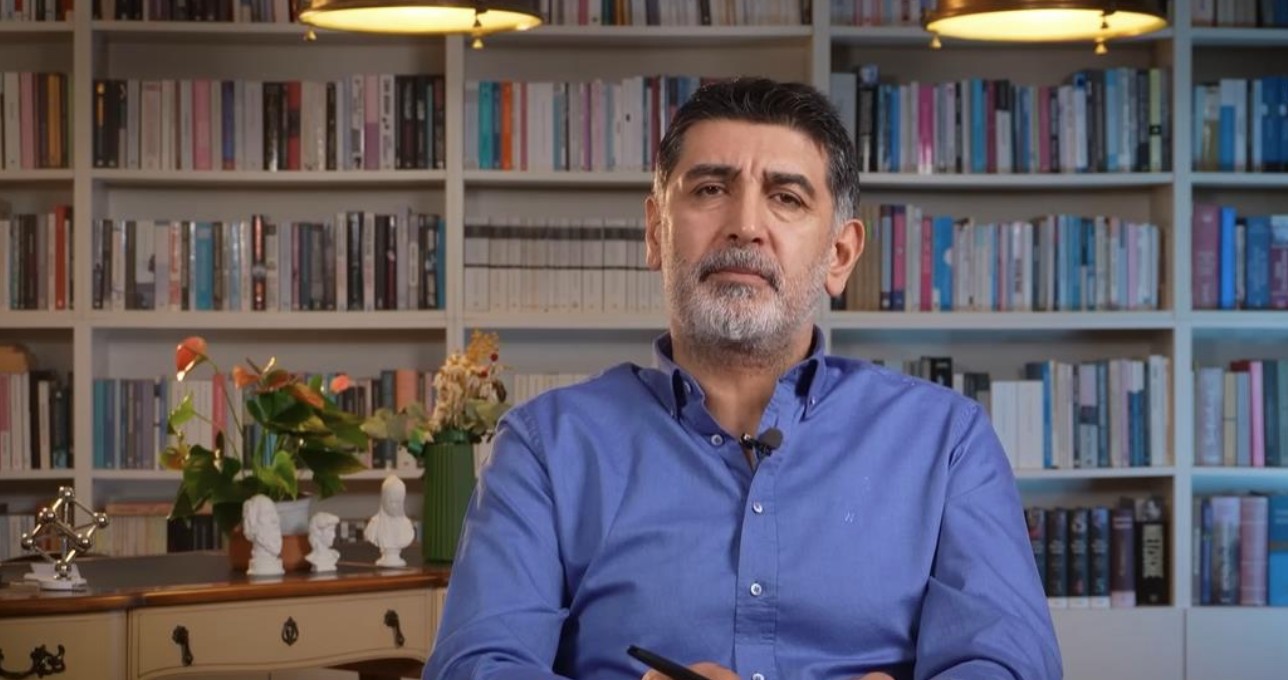
“Not You Again” President Donald Trump’s Pressroom Standoff at the 47th ASEAN Summit
October 27, 2025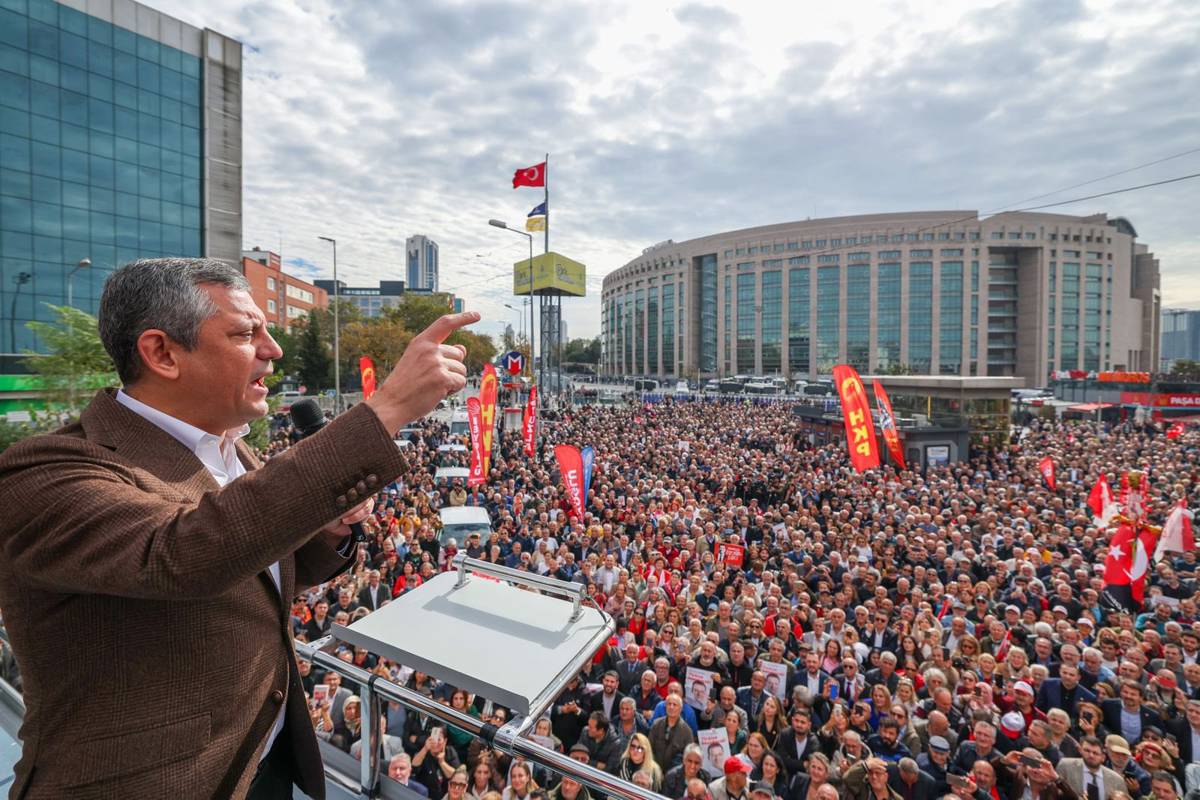
Turkish Court Escalates Espionage Charges Against İstanbul Opposition Leader
October 27, 2025October 27, 2025 – Palestine –
A retired U.S. Army Colonel, Steve Gabavics, who took part in the investigation into the killing of the veteran Al Jazeera correspondent Shireen Abu Akleh, claims that the U.S. government softened the language and conclusions of the final report. According to the New York Times account referenced by the network report, U.S. officials involved in the review believed there was evidence the journalist was intentionally shot by an Israeli soldier.
Gabavics asserts that within the investigative team, there was a strong view that the bullet that struck Abu Akleh—who was clearly wearing a helmet and a press‐marked vest—came from an Israeli position and was fired deliberately, not accidentally. He claims this view was downplayed when the public statement was issued. The U.S. State Department’s official summary concluded that while gunfire from Israeli forces was “likely responsible” for her death, there was “no reason to believe” it was deliberate, characterizing the incident as being caused by “tragic circumstances”.
Gabavics also highlights internal divisions among U.S. reviewers: some officials were convinced of intent, while the administration’s final public posture chose to favor the narrative offered by the Israel Defense Forces (IDF). The retired Colonel suggests that political considerations, including the United States’ close defense relationship with Israel, influenced the decision to adopt a more cautious public finding.
In the view of many press freedom advocates and Abu Akleh’s family, the softened U.S. position undercuts efforts for accountability and sends a troubling message about the safety of journalists in conflict zones. By acknowledging only the possibility of Israeli fire and ruling out intentionality, the report leaves unanswered fundamental questions about how and why she was killed. Abu Akleh had been covering a raid in the West Bank refugee camp of Jenin while wearing clearly identified press gear.
The report’s ambiguity has not dampened calls for a full, independent investigation. With the family, Al Jazeer, and rights groups continuing to press for transparency, the claim that the U.S. report was watered down injects new controversy into the process of seeking justice for a journalist whose death remains a rallying point for accountability and the protection of media workers in war zones.
Reference –

